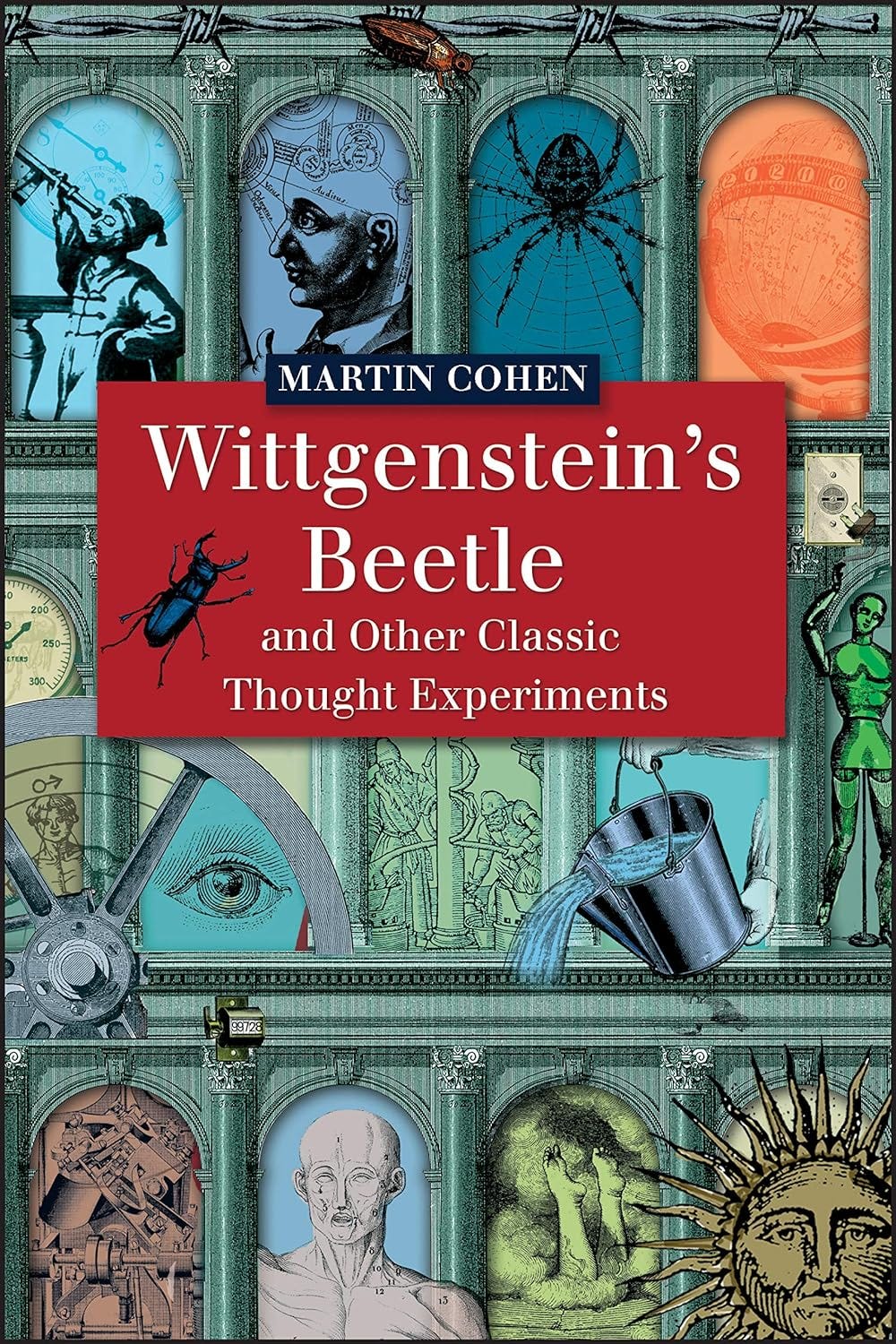Thought Experiment
Infinity
Where Do You Stop? Chapter 7:
“Now,” she said, “let’s talk about your science projects. […] Please copy this into your notebooks,” […]:
Science Paper
1) Answer the question as well as you can.
2) Include experiments that test and demonstrate the validity of your answer. (Thought experiments are acceptable.) […]I glanced to the right and left of me to see how the others were reacting and saw many of them glancing around in a similar manner. I think it’s accurate to say that none of this made any sense to any of us. We didn’t know what “the question” was, for one thing. Nor did we have any idea what validity meant or what a thought experiment was.
Wikipedia, “Thought experiment”:
A thought experiment is a hypothetical situation in which a hypothesis, theory,[a] or principle is laid out for the purpose of thinking through its consequences. […]
Scientists tend to use thought experiments as imaginary, “proxy” experiments prior to a real, “physical” experiment (Ernst Mach always argued that these gedankenexperiments were “a necessary precondition for physical experiment”). In these cases, the result of the “proxy” experiment will often be so clear that there will be no need to conduct a physical experiment at all.
Scientists also use thought experiments when particular physical experiments are impossible to conduct (Carl Gustav Hempel labeled these sorts of experiment “theoretical experiments-in-imagination”), such as Einstein’s thought experiment of chasing a light beam, leading to special relativity. This is a unique use of a scientific thought experiment, in that it was never carried out, but led to a successful theory, proven by other empirical means.
[An example of a thought experiment concerning the concept of infinity is David Hilbert’s Paradox of the Grand Hotel. MD]
Highly recommended:

See also:
Infinity TG 581
Have you missed an episode or two or several?
You can begin reading at the beginning or you can catch up by visiting the archive or consulting the index to the Topical Guide. The Substack serialization of Little Follies begins here; Herb ’n’ Lorna begins here; Reservations Recommended begins here; Where Do You Stop? begins here.
You can listen to the episodes on the Personal History podcast. Begin at the beginning or scroll through the episodes to find what you’ve missed. The Substack podcast reading of Little Follies begins here; Herb ’n’ Lorna begins here; Reservations Recommended begins here; Where Do You Stop? begins here.
You can listen to “My Mother Takes a Tumble” and “Do Clams Bite?” complete and uninterrupted as audiobooks through YouTube.
You can ensure that you never miss a future issue by getting a free subscription. (You can help support the work by choosing a paid subscription instead.)
At Apple Books you can download free eBooks of Little Follies, Herb ’n’ Lorna, and Reservations Recommended.
You’ll find overviews of the entire work in An Introduction to The Personal History, Adventures, Experiences & Observations of Peter Leroy (a pdf document) and at Encyclopedia.com.


